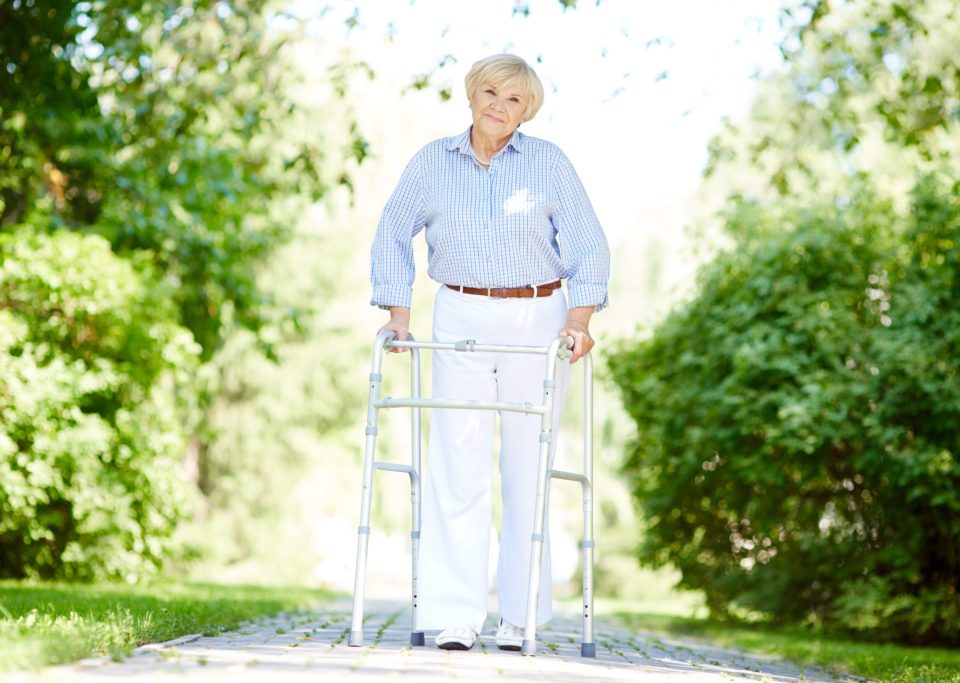Concerns around sexual intimacy not only affect the Parkinson’s community but are common in the general population as well.
There can be many ‘risk factors’ that impact sexual function including age, smoking and chronic illnesses.
Maintaining sexual intimacy is a topic many people with Parkinson’s are interested in but may be embarrassed to discuss. It’s an important topic, as maintaining physical intimacy with your partner is something that can become challenging as the disease progresses.
A lack of intimacy can be related to sexual desire or sexual function, and everyone experiences these things differently. Here are some tips for maintaining a healthy sex life with Parkinson’s.
Be open with your partner
It’s natural to feel vulnerable and anxious if your sex life has changed. We’re often afraid to discuss issues surrounding sexuality because we fear judgement or shame. Likely, opening a dialogue with your partner will lead to greater understanding and mutual satisfaction.
The first thing you should do if you’re concerned about your sex drive is to be open with your partner. Discuss how you think it’s affecting you and how it makes you feel. Don’t be shy, communication is key for helping your partner to understand your concerns.
If you’re struggling with specific activities, discuss and suggest alternatives to match your comfort level. If you’re having issues with libido, a dialogue will help avoid misunderstandings and stress, and find something that is satisfying for both partners.
Talk to your healthcare providers
Challenges in the bedroom aren’t uncommon with Parkinson’s and your doctor might be able to help! Medications related to managing Parkinson’s can both increase or decrease libido, so you may want to talk to your doctor to learn more about the effects of your specific medications. Likewise, they may have suggestions or resources depending on the specific issues you’re facing. Before meeting, be sure to document your specific questions or concerns to help get your doctor on the right track.
Therapy is another option that might be useful for you. Sex therapists may be able to evaluate your concerns and suggest techniques and methods to help get you in the right place both physically and mentally.
Be patient
Sexuality is a complex part of the human experience with many variables, both physical and mental. Stress, diet, sleep, and overall mental health are all factors that may be affecting your sex life, and it’s important to focus on wellness and balance.
As a person living with Parkinson’s, you may notice changes, but that doesn’t mean you can’t adapt. If you’re a partner of someone with Parkinson’s, patience and good communication can help you to maintain a satisfying sex life together.
Source









